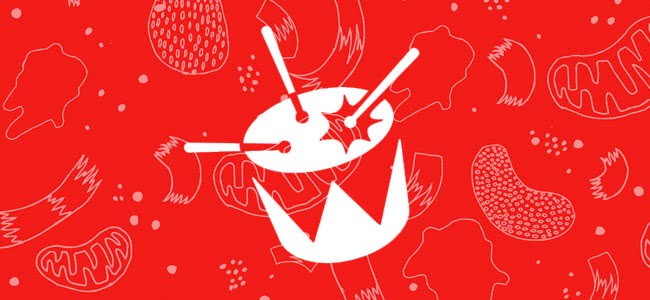Chris Scaddan talks Hottest 100 date change & gender bias in bruising Q&A

Genre bias, changing the Hottest 100 date and content quotas were just some of the pressing issues Chris Scaddan, triple j’s head of music, tackled on stage during a bruising final day session at the Contemporary Music Roundtable in Sydney.
Just hours after the Corporation launched a poll asking listeners for their thoughts on whether to change the date for its Hottest 100 countdown, Scaddan sat in the hot seat for a timely Q&A with Tracee Hutchison, the veteran broadcaster and academic who enjoyed a 30-year media career with the ABC.
There were moments Scaddan probably wished he was back at Ultimo as Hutchison grilled her subject with some expertise.
On the issue of triple j’s online poll of listeners about a new Hottest 100 date, Scaddan told the industry gathering Thursday: “It’s just part of the way we’re addressing this question for triple j, asking the audience and listeners how they feel about Hottest 100 and how they feel about it being on January 26. The reason that question is coming up is the viewpoints about that day do keep evolving very clearly in part of the Australian community. The reason that question’s come up is because we need to address whether it’s appropriate to have a huge musical celebration on that day.”
Over the past 10 months, triple j has consulted with musicians, community leaders and representative groups on a date change as public debate ramps up on what many see as a sign of disrespect to the nation’s Indigenous population.
The Hottest 100 has “never been about Australia Day,” he added. “The two things are related but not explicit in that way.”
Scaddan was also probed on how triple j would stay relevant in these rapidly changing times. “That’s the big question really. Trying to please everyone all the time isn’t going to happen. We’re trying new things and stopping old things sometimes, which is hard. We’d rather do everything really. “
Hutchison then hit on the issue of gender inequality, and the dearth of female artists represented in the annual Hottest 100. “The Hottest 100 is a difficult one to work through. It’s a popular vote,” noted Scaddan. “But you can only vote on what you hear (on the station),” Hutchinson responded.
Scaddan then tried to defuse the simmering issue by noting the top three songs on the most recent poll featured female artists. “There’s more Australian artists and more female artists than were in the ’90s,” he noted.
Opening the keynote with a presentation, Scaddan said triple j and its affiliated music channels would “keep evolving. We can’t stand still. As audiences for radio decreases or the time they spend with those platforms decreases, we lose our relevance and that doesn’t help anybody.”
The way people consume music is changing and “we’ve always got one eye on the future,” he explained.
In response to a late question from the audience on whether content quotas could apply to streaming services, Scaddan had this to say. “I think commercial radio will lobby government on removing content quotas altogether. But I can’t see Spotify accepting content quotas.”
Organised by Music Australia, the three-day 2017 Contemporary Music Roundtable was held at Customs House on Circular Quay.
This article originally appeared on The Industry Observer, which is now part of The Music Network.


































